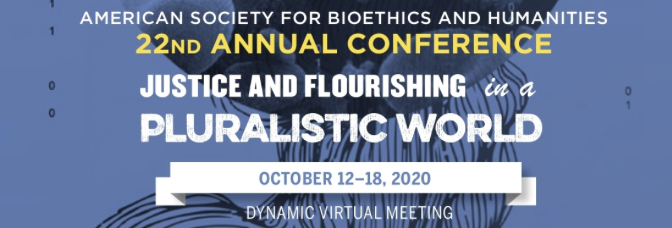Assessing ethical implications of uncertainty for clinical practice during a pandemic: the case of Since the outbreak of the Covid-19 pandemic, an impressive amount of information has been produced and disseminated about potential interventions to prevent or mitigate the effects of disease. Grounded mainly on clinical and epidemiological studies, a series of recommendations regarding Covid-19 prevention and treatment strategies were issued by national and international health organizations. Despite that, innumerable important questions remain unanswered. Uncertainty is the order of the day.
Insofar as uncertainty is intrinsic to healthcare, the competence to make decisions without solid evidence is of paramount importance to practitioners. Even though we now have quite consistent evidence for some interventions, many physicians continue treating patients with substances that, according to the best scientific information available, lack evidence of efficacy. Those physicians are using their professional prerogative to prescribe off-label.
Especially in the course of a public health emergency of international concern, when it comes to professional practice, which factors impact the decision-making process? What counts as evidence for these practicing physicians? What should be the limits of off-label prescribing, and what are the ethical implications of this practice?
This project is part of the Berman Institute’s Global Infectious Disease Ethics Collaborative (GLIDE) in conjunction with the Wellcome Trust and the University of Oxford. Its primary aim is to understand how physicians make decisions when evidence is inconclusive. Secondarily, the team intends to analyze how physicians interpret scientific evidence, how they respond to it and why they might not adhere to it. Finally, they will also discuss the ethical and practical implications of prescribing treatments off-label during a pandemic.
PROJECT TEAM
- Gail Geller, Berman Institute of Bioethics and School of Medicine, Johns Hopkins University, USA
- Irani Gerab, Escola Paulista de Enfermagem, Federal University of Sao Paulo, Brazil
- Angeliki Kerasidou, Ethox Centre, Nuffield Department of Population Health, University of Oxford, UK
- Rachel Riera, Escola Paulista de Medicina, Federal University of Sao Paulo, Brazil
- Aluisio Serodio, Escola Paulista de Medicina, Federal University of Sao Paulo, Brazil
- Beatriz Thome, Escola Paulista de Medicina, Federal University of Sao Paulo, Brazi



